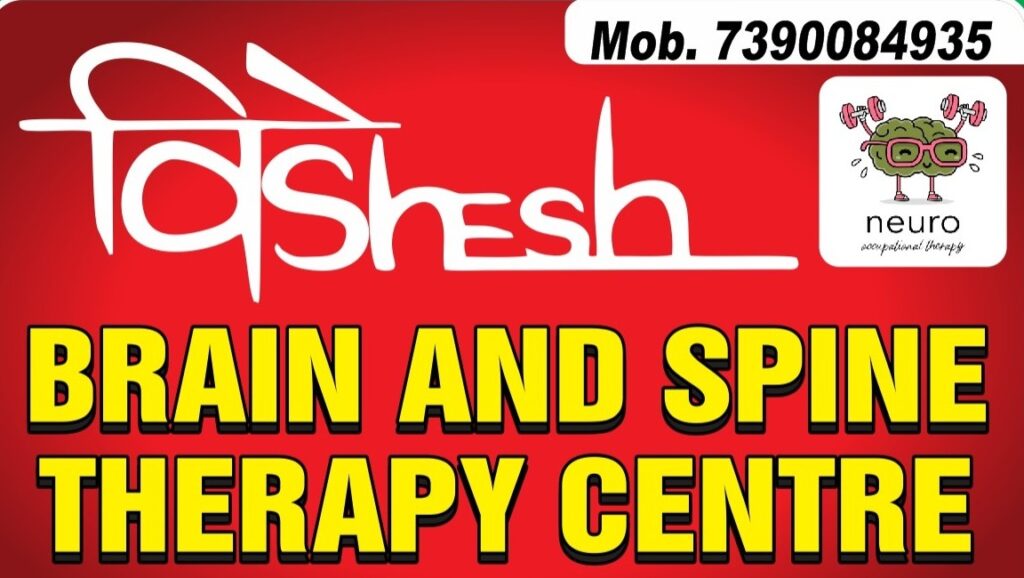Autism, a complex neurodevelopmental disorder, presents unique challenges in the early stages of a child’s life. It significantly impacts brain function, communication development, and social skills.
While autism is considered a lifelong condition without a cure, there are avenues to alleviate its effects and enhance the quality of life for individuals on the spectrum.
Special education, medical treatments, and physiotherapy have emerged as valuable tools in this journey.
Physiotherapy Treatments for Children with Autism Spectrum Disorder
Physiotherapists play a crucial role in the care of children with autism, particularly those grappling with motor impairments. These motor difficulties may manifest as issues with respiratory control, coordination, posture, and musculoskeletal alignment, including chest wall deformities and foot and ankle misalignments.
The specialized interventions provided by physiotherapists encompass age-appropriate physical and motor skills activities.
Engaging exercises like jumping, clapping, throwing, kicking, and catching are tailored to each child’s needs. By addressing motor challenges head-on, physiotherapy empowers children to navigate the physical aspects of their daily lives with greater independence and confidence.
Hydrotherapy for Children with ASD
In the realm of motor skill development, physiotherapists have explored various avenues, including hydrotherapy. Hydrotherapy involves conducting exercises in a swimming pool, harnessing the unique properties of water to nurture motor development and sensory growth. The buoyancy, pressure, and temperature of water create a soothing sensory environment for children with autism.
In the warm embrace of water, children perform exercises that improve range of motion and overall mobility. Hydrotherapy can reduce body weight by up to 90%, alleviating the force of impact on the body, relaxing muscles, and diminishing spasticity. This makes water an ideal medium for rehabilitating the body of an autistic child.
Motor Control Difficulties in Children with ASD
Many children, even without a clear neurological disorder, exhibit poor motor abilities before the age of seven. Some may be diagnosed with Developmental Coordination Disorder (DCD) later in life. It’s intriguing to note that motor disorders frequently coexist with conditions like Attention Deficit Hyperactivity Disorder (ADHD) and autism.
Motor control difficulties are indeed prevalent among children with ASD. Research shows that Developmental Coordination Disorder presents in about half of all individuals with ASD and ADHD. Motor coordination problems can manifest in a variety of ways, impacting daily living skills, including dressing, feeding, and self-care.
Motor coordination is closely tied to daily life skills and not just limited to physical abilities. School girls with ASD and/or ADHD, with average or near-average intellectual levels, often exhibit motor coordination issues. Poor motor skills are not only linked to social, communicative, and attention impairments but also affect adaptive daily skills.
Promoting Physical Education and Physical Fitness to Children with ASD
Physical education (PE) holds tremendous potential for children with autism, yet participation rates are notably low. Challenges in diagnosis and associated motor impairments may contribute to this trend. Tailored PE programs, including activities like running, jumping, balancing, and object control, have the power to spark self-confidence and foster motor skill growth.
Physical fitness isn’t just about physical well-being; it also impacts cognitive outcomes. Motor skills form the foundation for sport-specific skills and are predictive of physical activity participation. Poor motor skills have also been linked to childhood obesity, which carries both short-term and long-term health consequences.
Given the motor performance challenges experienced by children with ASD, early intervention programs focusing on motor development are highly recommended. Physiotherapists can play a pivotal role in stimulating the learning of functional motor skills, assisting children in compensating for motor skill disturbances.
In conclusion, physiotherapy emerges as a vital component in the multidisciplinary approach to supporting children with autism. It addresses the complex interplay of motor difficulties and enhances their overall quality of life. With early intervention and specialized care, children with autism can unlock their potential and lead fulfilling, independent lives. Consult experts in the field to embark on this transformative journey towards empowerment and enhanced well-being for children on the autism spect


